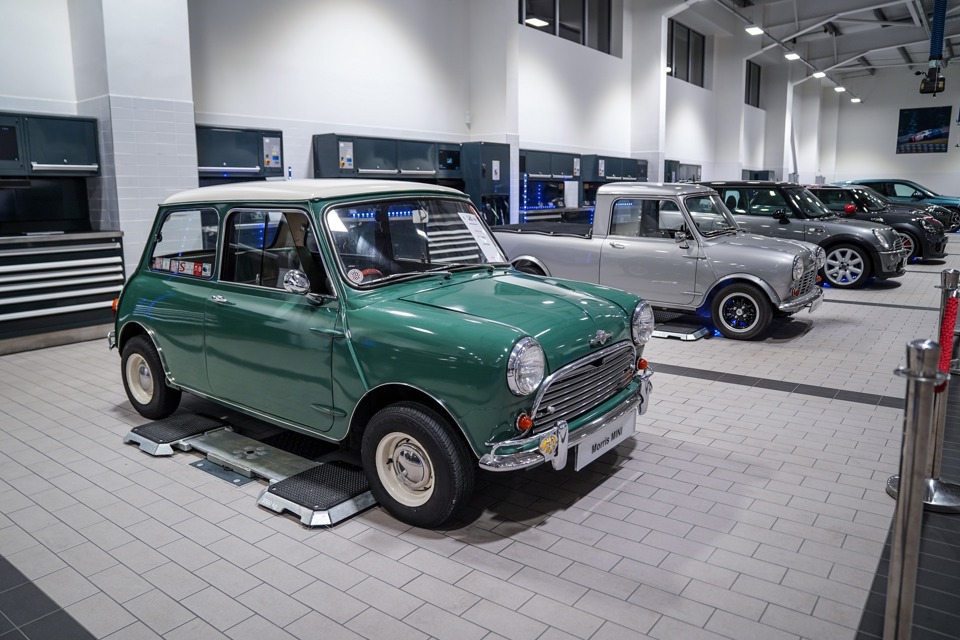Current guidelines for converting classic cars to electric are overly restrictive making it difficult for owners to retain a vehicle’s original identity and registration, according to responses gathered in the long-awaited DVLA call for evidence focusing on the future of the classic car industry.
Others expressed concerns about the classification of EV-converted vehicles as classic or historic cars with others advocating for relaxed regulations to allow safety-enhancing modifications while preserving the essence of the vehicles.
One classic car owner argued that restoring or lightly modifying a vehicle does not alter its fundamental status as a classic, emphasizing that EV conversions should be seen as a way to extend the longevity of these vehicles in a sustainable manner.
The broader consultation attracted 1,372 responses, including 1,162 from individuals and 129 from organisations. While the primary focus of the evidence was on the registration process and safety checks, the conversation around EV conversions underscored the sector's balancing act between tradition and innovation.
Nearly half of all respondents indicated satisfaction with the current registration process for historic vehicles, stating that a separate system is unnecessary. Seven percent called for minor improvements, while another seven percent emphasized retaining age-related registration numbers. A further 86 percent opposed creating a unique registration series for historic vehicles.
Safety checks also divided opinion, with many owners resisting additional requirements. Nearly 400 respondents opposed introducing new checks, while 28 per cent supported a basic roadworthiness assessment.

















Login to comment
Comments
No comments have been made yet.